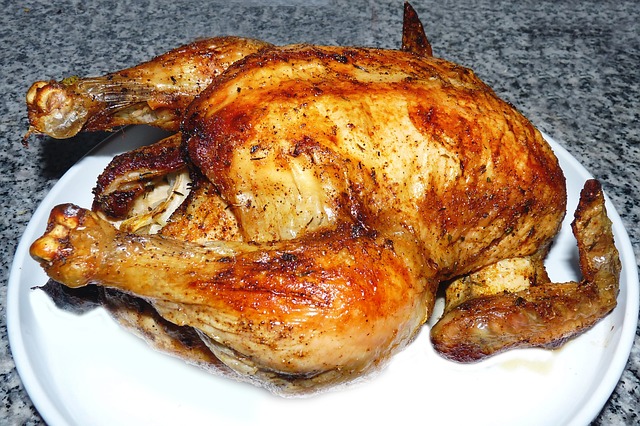Introduction
Meeting protein goals is essential for maintaining a healthy and balanced diet. Proteins are the building blocks of our body, responsible for repairing tissues, building muscles, and supporting various bodily functions. Whether you are an athlete looking to enhance performance or simply aiming to improve your overall health, meeting your protein goals is crucial. In this article, we will explore effective strategies to help you meet your protein goals and optimize your nutrition.
Understanding Protein Needs
Before diving into the strategies, it’s important to understand how much protein your body needs. The recommended daily intake of protein varies depending on factors such as age, sex, weight, and activity level. Generally, it is recommended that adults consume 0.8 grams of protein per kilogram of body weight. However, athletes and individuals engaged in intense physical activity may require higher protein intake to support muscle recovery and growth.
Include Protein-Rich Foods
One of the simplest ways to meet your protein goals is by including protein-rich foods in your diet. Foods such as lean meats, poultry, fish, eggs, dairy products, legumes, nuts, and seeds are excellent sources of protein. Incorporate these foods into your meals and snacks to ensure you are getting an adequate amount of protein throughout the day.
Plan Your Meals
Meal planning can be a helpful strategy to ensure you meet your protein goals consistently. Take some time to plan your meals for the week, considering protein-rich options for each meal. This will not only help you stay organized but also ensure that you have the necessary ingredients on hand. Consider preparing larger batches of protein-rich foods, such as grilled chicken or roasted chickpeas, and portion them out for multiple meals.
Supplement with Protein Powders
Protein powders can be a convenient option to supplement your protein intake, especially for individuals with increased protein needs or those who have difficulty meeting their requirements through whole foods alone. There are various types of protein powders available, such as whey, casein, soy, and plant-based options like pea or hemp protein. Choose a protein powder that suits your dietary preferences and needs, and incorporate it into smoothies, shakes, or even baked goods.
Snack Smartly
Snacking can be an opportunity to increase your protein intake. Instead of reaching for processed snacks that are high in unhealthy fats and sugars, opt for protein-rich snacks. Greek yogurt, cottage cheese, hard-boiled eggs, protein bars, and nuts are all excellent choices. These snacks not only provide protein but also offer additional nutrients to support overall health.
Consider Protein Timing
Timing your protein intake can also be beneficial, especially for individuals engaged in intense physical activity or strength training. Consuming protein within 30 minutes to an hour after exercise can help with muscle recovery and growth. Additionally, spreading your protein intake evenly throughout the day, rather than consuming it all in one meal, can optimize protein synthesis and utilization by the body.
Conclusion
Meeting your protein goals is crucial for overall health and well-being. By including protein-rich foods, planning your meals, incorporating protein powders, snacking smartly, and considering protein timing, you can ensure that you are meeting your protein needs. Remember to consult with a healthcare professional or registered dietitian to determine the specific protein requirements for your body based on your unique circumstances.
References
– Mayo Clinic: www.mayoclinic.org
– Academy of Nutrition and Dietetics: www.eatright.org
– National Institutes of Health: www.nih.gov













